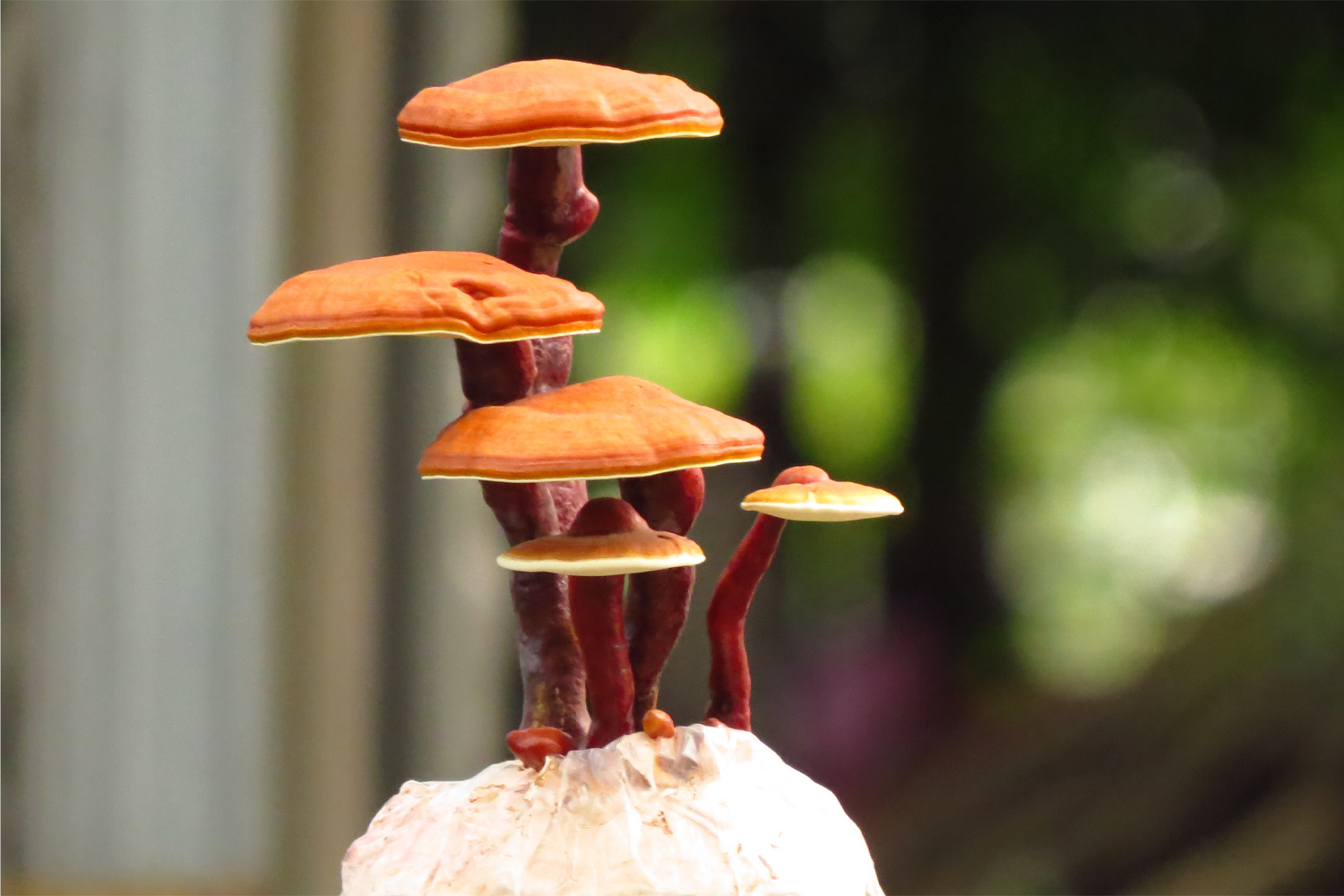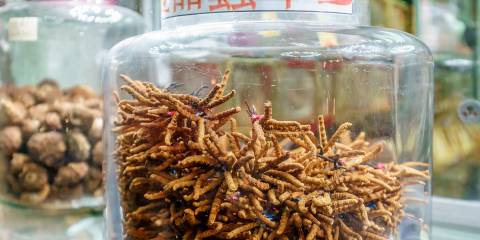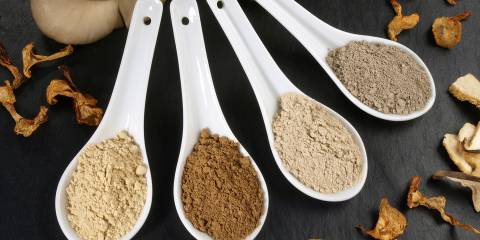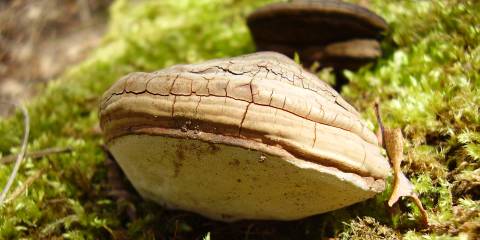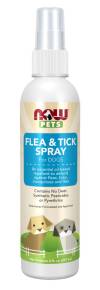Medicinal mushrooms are a highly popular and respected category of botanicals. One, more than all others, put the entire category on the map and is considered the most highly revered in Chinese herbal traditions—reishi mushroom (Ganoderma lucidum).
Historical Use of Reishi
While most known by its Japanese name reishi, this mushroom (polypore) has been used in traditional herbal practices of China for literally thousands of years.
It once was the exclusive domain of emperors and Taoist monks. Emperors hoped it would impart longevity. Taoists used it to cultivate a peaceful state of well-being and to enjoy a long, disease-free life.
Its benefits were considered so critical to royalty that, among commoners, its use was a beheading offense.
Modern Studies About Reishi
When the modern scientific literature is reviewed, we find there are few botanicals that positively affect physiological responses as broadly as reishi; in fact, there are few systems it does not positively affect.
Reishi and the Immune System
The research detailing the effects of reishi on immunity literally fills books and is simultaneously extremely complex and simple.
Innate vs. Adaptive Immunity
In the simplest terms, there are two primary aspects of the immune system: innate and adaptive immunity.
Reishi supports both innate and adaptive immune responses; it is difficult to get better than that.
-
The Innate Immune System
Innate immunity is our oldest, most primitive evolutionary defense protective system. When infections attack, innate immunity stimulates a host of chemical immune defenses that identify bacteria, activate immune cells, and promote clearance of dead cells—immediately preventing the spread of foreign disease-causing agents throughout the body.
The innate immune system also teaches the adaptive immune system how to identify and remove foreign substances present in organs, tissues, blood, and lymph.
-
The Adaptive Immune System
While innate immunity offers an immediate protective response, the adaptive immune system acquires defenses such as antibodies against specific pathogens and remembers how to fight them in the future; a very cogent discussion for our present times.
How Does Reishi Work?
In practical terms, here is the reishi rundown.
-
Adaptogenic Properties
It is a premier adaptogen, which means it helps us to adapt to physical and psychological stresses and changes.
-
Protective Effects
It has antibacterial, antiviral, and antiallergic activity, meaning it conveys protective effects whether we are under attack by colds, viruses, or allergens.
-
Liver and Heart
Reishi has been widely researched for its ability to protect the liver and heart from damage, has potent anti-inflammatory activities, and protects against bronchitis.
-
Cancer Treatment
Reishi is one of the primary botanicals used for increasing immune cells needed for defense against cancer and for decreasing cells that suppress immune function.
When taken after chemo and/or radiation therapies for cancer, scientific investigation suggests it restores immunocompetency, thereby increasing one’s chance of survival.
